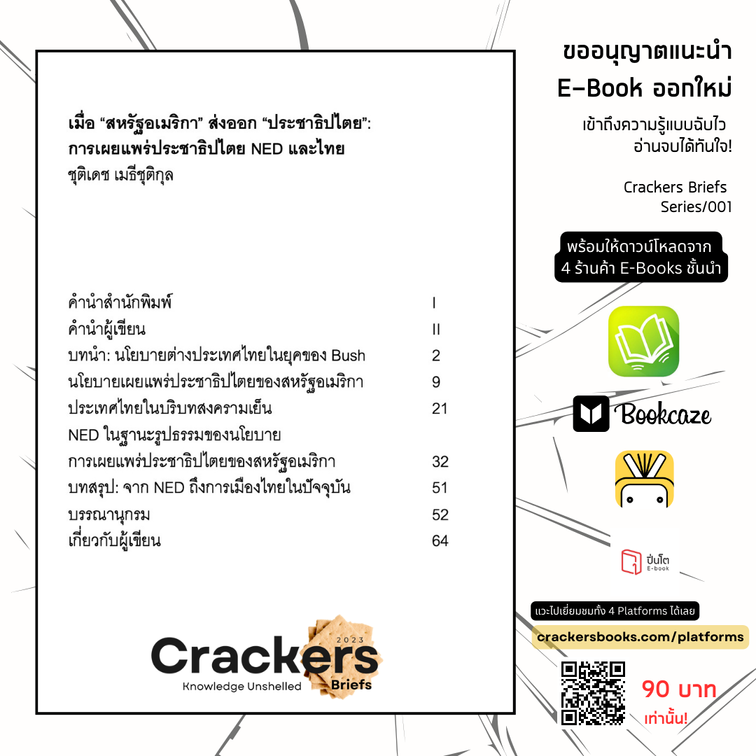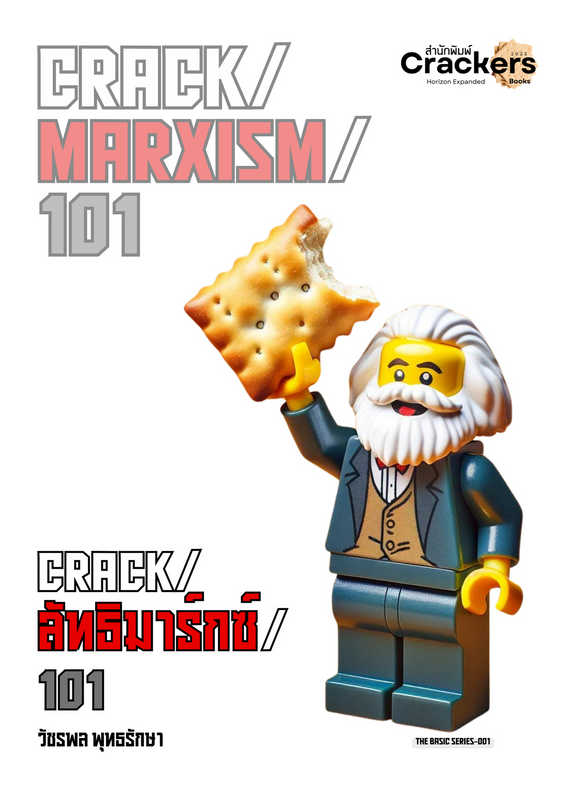

Machiavelli’s The Prince:
A Concise Overview
Niccolò Machiavelli’s The Prince is a seminal work in political philosophy and realpolitik. Written in the early 16th century, it offers pragmatic advice to new princes and rulers on how to maintain power and control over their states. The treatise is renowned for its candid and, at times, ruthless recommendations, diverging from the idealistic notions of governance prevalent in earlier political thought. Here are five key points from The Prince based on recent scholarly research:
1. The Role of Virtue and Fortune: Machiavelli argues that a successful ruler must skillfully balance virtue (virtù) and fortune (fortuna). Virtù represents the prince’s ability to shape his destiny through wisdom, strength, and cunning, while fortuna signifies the unpredictable forces that can affect human affairs. A prince must be adaptable, knowing when to act decisively and when to yield to circumstance (Mizumoto-Gitter, 2018).
2. The Ends Justify the Means: One of the most controversial aspects of The Prince is Machiavelli’s assertion that the ends justify the means. He contends that a ruler must be willing to act immorally if necessary to maintain power and ensure the stability of the state. This includes deceit, manipulation, and even cruelty, if such actions are for the greater good of the state (Shammas, 2019).
3. Military Strategy and Statecraft: Machiavelli emphasizes the importance of a strong military as the backbone of a stable state. He advises princes to focus on military prowess and strategic planning to defend their territories and expand their influence. This practical approach to governance underscores the necessity of preparedness and strength in leadership (Skinner, 2019).
4. Perception and Reality: A recurring theme in The Prince is the distinction between how things appear and how they actually are. Machiavelli advises rulers to manage their public image meticulously, as perception often holds more power than reality. He suggests that a successful prince must appear merciful, faithful, humane, and religious, while being ready to act contrary to these virtues when necessary (Stoškus, 2023).
5. Historical Context and Modern Relevance: While Machiavelli wrote The Prince in a specific historical context of Italian city-states, its lessons have been interpreted as timeless principles of power dynamics. The work remains relevant as it explores the practicalities of leadership, governance, and political survival in any era. Modern scholars continue to find parallels between Machiavelli’s insights and contemporary political practices (Ringwood, 2019).
Conclusion
Machiavelli’s The Prince remains a cornerstone of political philosophy, offering a realistic and often cynical view of power and statecraft. Its emphasis on pragmatism, adaptability, and the strategic use of virtue and fortune provides enduring lessons for political leaders.
References
• Mizumoto-Gitter, A. (2018). Narrativizing the Self: Niccolò Machiavelli’s use of Cesare Borgia in The Prince. UCLA Historical Journal, 29. Link.
• Ringwood, F. M. (2019). Shakespeare’s Mavericks and the Machiavellian Moment. Shakespeare in Southern Africa, 32, 38-48. Link.
• Shammas, M. (2019). In Defense of ‘The Prince’: Thoughts On Machiavelli’s Misread Handbook for Peace & Italian Unity. SSRN Electronic Journal. Link.
• Skinner, Q. (2019). Machiavelli: The Prince. Cambridge University Press. Link.
• Stoškus, M. (2023). Machiavelli’s The Prince: How to Refute Virtue Ethics in Three Steps. Studia Philosophiae Christianae. Link.











